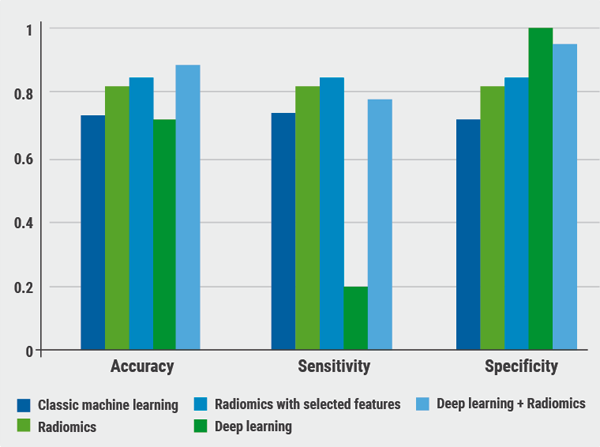Reale et al. described the prevalence and heterogeneity of QoL reporting in lung cancer phase 3 trials. This was done using a selection of all primary publications of lung cancer phase 3 trials evaluating anticancer drugs published between 2012-2018 by 11 major journals. This resulted in 122 publications which could be assessed.
It was found that QoL was not listed among endpoints in 32.0% of publications. The proportion of trials not including QoL was similar over time; this concerned 32.9% of publications in 2012-2015 vs 30.6% of publications in 2016-2018. Of 83 trials which did include QoL among endpoints, QoL results were not reported in 43.4%. The proportion of trials not reporting QoL results in a primary publication significantly increased over time from 30.6% between 2012-2015 vs. 61.8% between 2016-2018 (p = 0.005). Overall, QoL data were not available in 61.5% of primary publications, due to the absence as endpoint or unpublished results.
It was also mentioned that the type of QoL questionnaires, modality of analysis, and presentation in trials with QoL results are not homogeneous which complicates any comparisons. The most frequently used QoL questionnaires in trials which included QoL as an endpoint were EORTC QLQ C30 (50.6%), EORTC QLQ LC13 (47.0%), and EQ5D (44.6%).
Researchers branded the results of this study rather disappointing, especially in the era of precision medicine which is fast becoming increasingly important. Patient-reported outcomes and QoL analyses play a crucial role in the shared-decision making process, representing a tool to guide physicians in the selection of the most tailored therapy for every single patient and for the full understanding of treatment value [1].
- Reale L, et al. OA07.07. WCLC 2019.
Posted on
Previous Article
« EGFR TKI retreatment effective after earlier discontinuation Next Article
Targeted therapies for NMOSD in development »
« EGFR TKI retreatment effective after earlier discontinuation Next Article
Targeted therapies for NMOSD in development »
Table of Contents: WCLC 2019
Featured articles
Five-fold increase of OS at 5 years with nivolumab vs docetaxel
Screening, Detection, and Diagnosis
Non-Small-Cell Lung Cancer
Five-fold increase of OS at 5 years with nivolumab vs docetaxel
Promising phase 1 results of novel KRAS-inhibitor in NSCLC
Selpercatinib (LOXO-292) shows durable activity in RET fusion-positive lung cancer
Other Thoracic Malignancies
Immuno-Oncology
Nivolumab + ipilimumab safe first-line treatment for NSCLC patients with comorbidities
Targeted Therapy
Phase 3 Trial Updates
First-line pembrolizumab monotherapy offers durable OS benefit vs chemotherapy in NSCLC patients with high PD-L1 expression
Related Articles

November 8, 2019
Letter from the Editor

November 8, 2019
New technologies in lung cancer detection
© 2024 Medicom Medical Publishers. All rights reserved. Terms and Conditions | Privacy Policy

